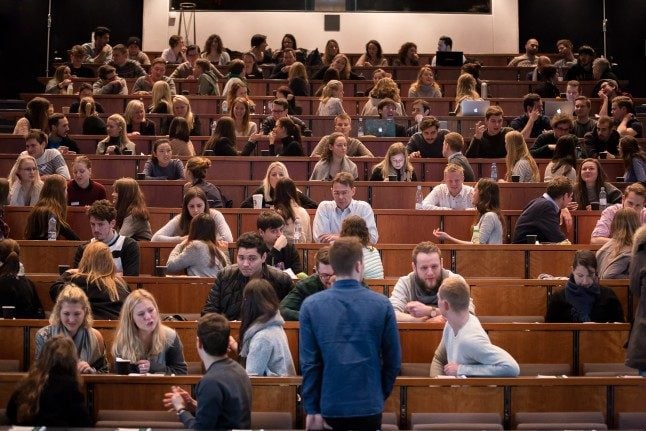RESEARCH
Neurotic people have smaller brains: study
The brains of people suffering from neurosis have less total volume, smaller surface area and reduced connectivity between different areas, researchers at Oslo University have said.
Published: 23 August 2013 09:38 CEST

The researchers, led by Astrid Bjørnebekk, who is a post-doctoral student in the Department of Psychology, used advanced imaging to study the brains of 265 healthy subject aged from 20 to 85 years old.
They examined brain volume, the thickness and surface area of the cerebral cortex, and looked at this in the context of different personality traits.
"Scoring higher on this neurotic trait was associated with a smaller brain volume," Bjørnebekk told The Local. "They had smaller surface area in frontal and temporal areas that are important for emotional processing. They had reduced white matter integrity in very large areas of the brain."
Past research has found similar physical characteristics in patients suffering from post-traumatic stress disorder, but Bjørnebekk said her team had deliberately selected only healthy individuals with no existing clinical disorders or past trauma, who were normal in terms of IQ and other indicators.
The fact that they showed the same differences in brain structure with those suffering post-traumatic stress disorder, she believes, indicates that those suffering from post traumatic stress may have had a prior vulnerability.
"It seems like they have this vulnerability from the beginning," she said. "We know extreme stress can damage nerve cells, and its not good for the brain, but it seems like those suffering post traumatic stress disorder have something there in the beginning that makes them vulnerable to develop diseases."
The report was published in the journal Neuroimage.
Url copied to clipboard!


 Please whitelist us to continue reading.
Please whitelist us to continue reading.
Member comments